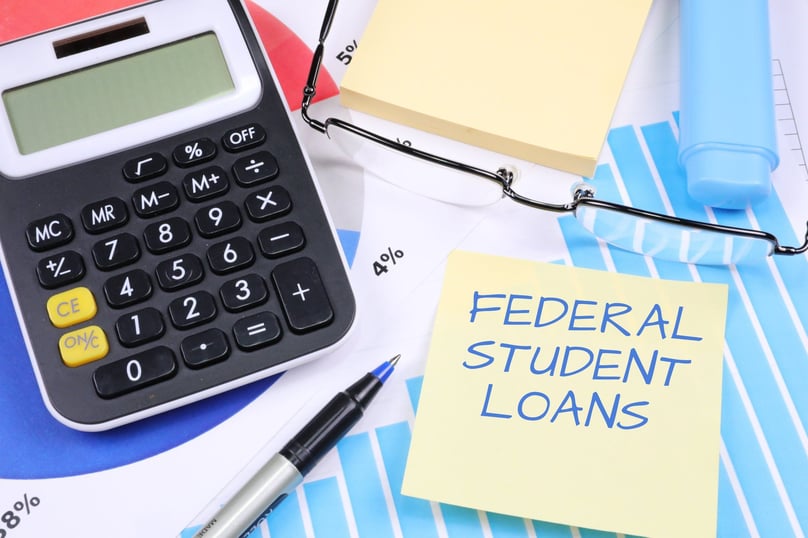Starting at the end of next week, loan balances for those enrolled in the Saving for a Valuable Education repayment plan will start to accumulate monthly. This news comes after an announcement from the Department of Education earlier this month, stating that interest would start to accrue again for roughly 7.7 million borrowers effective August 1. These borrowers are part of the SAVE repayment plan and their payments have been on a pause because of zero-interest forbearance.
Discussions surrounding the legality of the SAVE plan have been ongoing in courts, putting the plan on a zero-interest forbearance for nearly a year. A new law dubbed "One Big, Beautiful Bill" will abolish the SAVE plan, along with other income-driven repayment methods, requiring borrowers to opt for an alternative by July 1, 2028.
Borrowers enrolled in the SAVE plan have the option to remain– with the expectation of a continued forbearance for the next three years. However, there's a significant number of borrowers who have already migrated from SAVE to the Income-Based Repayment (IBR) plan. This is currently the only income-driven repayment plan that will not be scrapped as per the new law.
The Department of Education has advised all SAVE borrowers to shift to IBR, which offers a pathway for loan forgiveness. This department has also extended the types of borrowers who can opt into IBR. Amid unsettled court cases attacking SAVE and other income-directed repayment plans, the Department of Education has put a hold on granting loan forgiveness for borrowers under the IBR plan.
Abby Shafroth, managing director of advocacy and director of the Student Loan Borrower Assistance Project at the National Consumer Law Center, in an email to Investopedia, recommended that SAVE borrowers not ready to resume payments but wanting to dodge accruing interest could consider an economic hardship deferment. This kind of deferment halts payments, does not levy interest on any subsidized loans, and in some scenarios, the months spent in deferment may count toward Public Service Loan Forgiveness.

